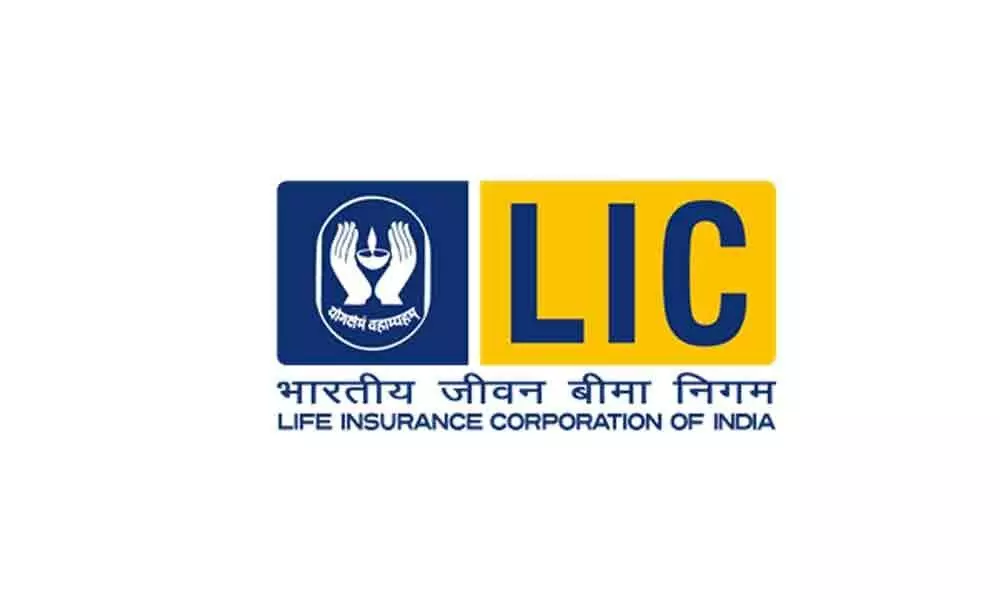LIC stake sale a bold move

Finance Minister Nirmala Sitharaman, in her Union Budget 2020 presented on February 1, has set an ambitious target of raising Rs 2.10 lakh crore through disinvestment of its stakes in Public Sector Undertakings (PSUs) during financial year 2020-21.
Finance Minister Nirmala Sitharaman, in her Union Budget 2020 presented on February 1, has set an ambitious target of raising Rs 2.10 lakh crore through disinvestment of its stakes in Public Sector Undertakings (PSUs) during financial year 2020-21.
But the Central government had failed to achieve its divestment targets in the recent past. However, next financial year's target looks more realistic as the Centre has decided to sell 10 per cent stake in insurance behemoth Life Insurance Corporation of India (LIC) which has total assets under management (AUM) of Rs 31.11 lakh crore.
In FY19, it clocked total business of Rs 5.60 lakh crore. Besides LIC, Centre will also sell stake in IDBI Bank, a subsidiary of LIC. It is expected to mop up Rs 90,000 crore through these two stake sales. And LIC will for sure become the biggest company on Indian stock markets.
But the Finance Minister's move may face stiff resistance from 1.3 lakh LIC employees and other stakeholders, including millions of its customers who put their hard-earned money in the company as it was owned by the government. It is to be seen how the Central government will steer clear of these apprehensions and resistances before moving ahead with its decision.
However, a 10 per cent stake dilution will not do any harm to the interests of either LIC employees or its customers. The much-discussed sovereign guarantee will remain in force post the dilution too as the Central government will continue to hold 90 per cent stake in LIC.
Of course, LIC still rules the India's insurance industry with a market share of 70.52 per cent even though the sector was opened for private players way back in the year 2000. Also, it pays an annual dividend of Rs 2,600 crore to the Centre.
But this is not the first public sector major the Centre is diluting stake in through IPOs. It sold stakes in energy giant Oil & Natural Gas Corporation (ONGC) in 2004 and mining major Coal India Limited (CIL) in 2010. Both the PSU giants are still very much under the Indian government's control.
Furthermore, the country needs a monumental quantum of funds to develop the country's infrastructure which is below par, to say the least. Economic Survey presented by the Finance Minister stated that India would be required to spend $1.4 trillion (Rs 100 lakh crore) on infrastructure alone to realise its dream of becoming $5 trillion (Rs 356 lakh crore) economy by the financial year 2024-25.
Private investors won't invest large sums on infrastructure unless the government executes some mega infrastructure projects on its own or through public-private partnership mode.
Given fiscal deficit constraints the country is facing and welfare measures that the government is taking up, the Centre has no option expect diluting stakes in state-owned blue-chips like LIC to raise funds for spending on infrastructure. That way, selling minority stake in LIC is a bold and welcome move.
But it is the sole responsibility of the Central government to protect the interests of LIC employees, its customers and other stakeholders. If the government guarantees this in unequivocal terms, no stakeholder will oppose the stake sale. That's for sure!








